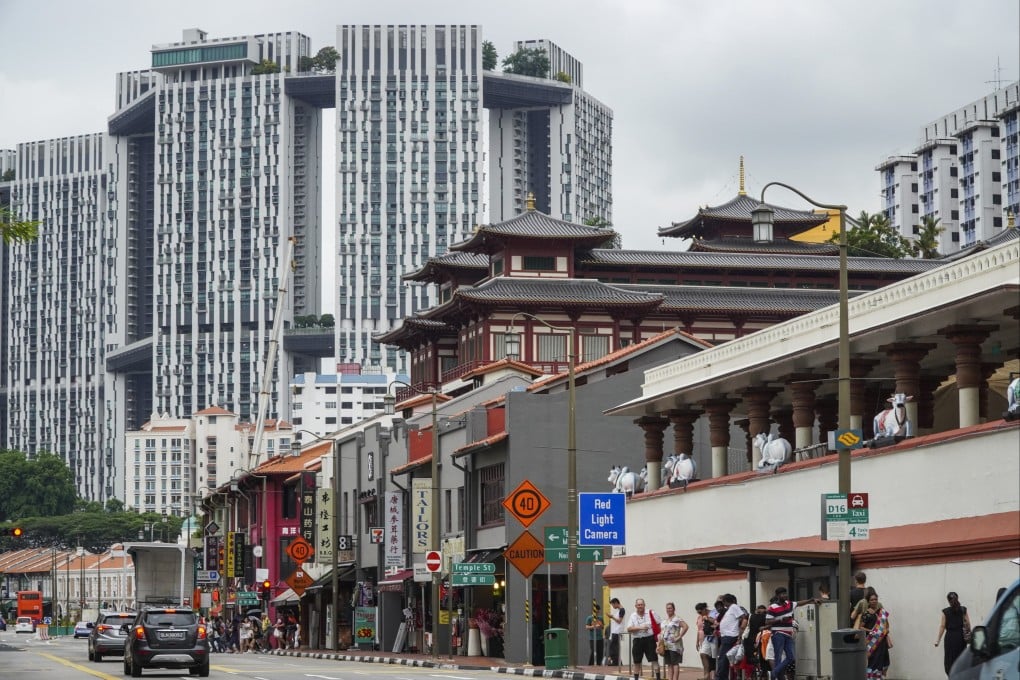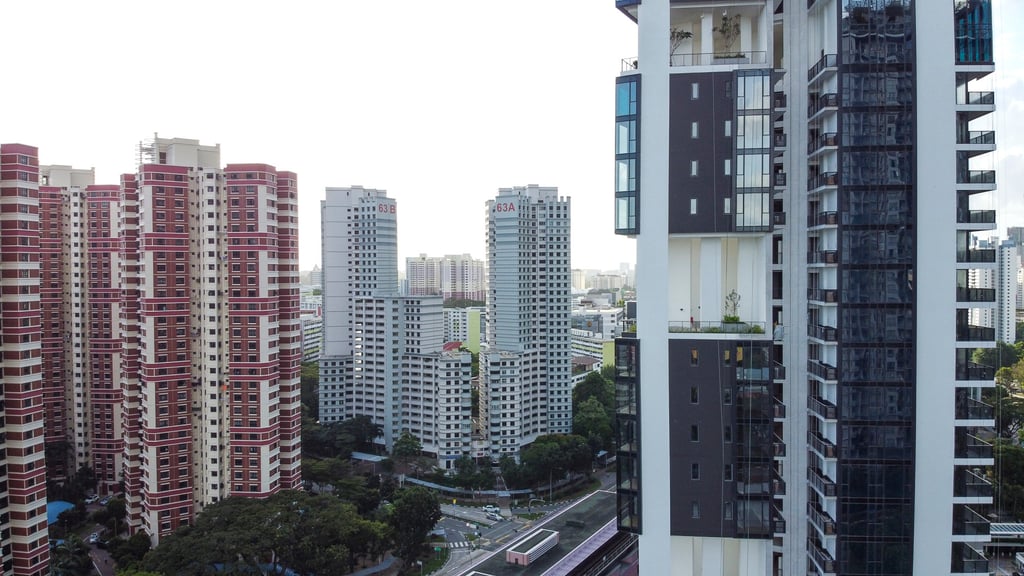Will Singapore’s housing supply rise amid rising interest rates, recession fears and tightening wallets?
- Supply has dropped since 2018, and rental market is expected to remain tight despite about 30,000 potential completions forecast for the next two years
- Singapore developers are still grappling with high costs, shortage of labour thanks to the upheavals in supply chains caused by pandemic, analysts note

An outlook by Singapore-listed developer CDL Developments – which released its financial results earlier this week – captured the mixed mood among developers on the island.
“Although buying interest among Singaporeans and foreigners is still healthy, it is tempered by concerns about higher interest rates, which have shown recent signs of moderation,” a CDL spokeswoman said.
But the company was certain – and positive – that buyers and investors would continue to invest in the Singaporean property market, given the city’s status as a safe haven and hub for business opportunities.

In other words, the market will remain buoyant and current forecasts show that, collectively, developers will build more new homes this year than in previous years.
But there will be many developers who will watch from the sidelines as rising interest rates, recession fears and tightening wallets may mean fewer sales.